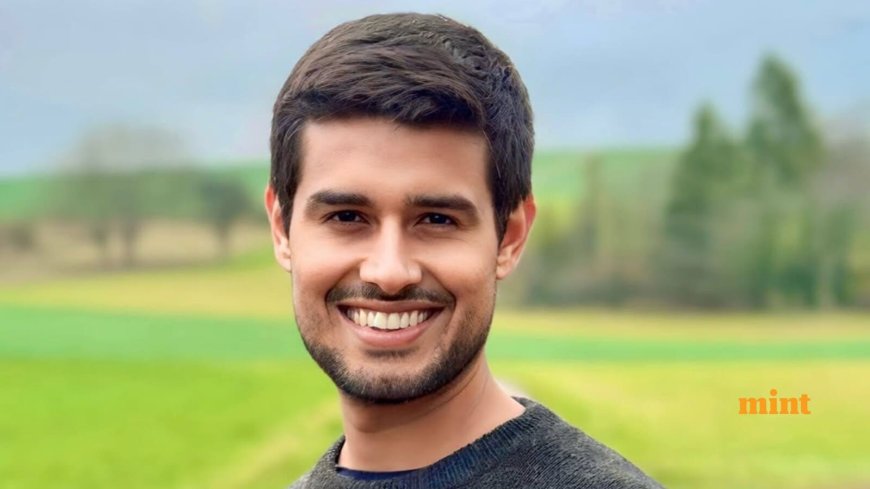Dhruv Rathee accuses Pakistani channels of misusing his 'clips', slams influencer for calling him out
Dhruv Rathee has claimed that his YouTube video is being used by pro-Pakistan channels for anti-India propaganda, leading to criticism against him. He says that the video was misused and calls out the hate against him.

Dhruv Rathee Accuses Pakistani Channels of Misusing His Clips, Slams Influencer for Calling Him Out
News by dharmyuddh.com
Introduction
In a recent controversy, popular YouTuber Dhruv Rathee has taken to social media to express his grievances against certain Pakistani news channels that he accuses of misusing his video clips. The situation escalated further when an influencer publicly called him out for his reactions and statements. This incident has sparked discussions on the ethics of content reuse and the responsibilities of influencers in today’s digital landscape.
Allegations Against Pakistani Channels
Dhruv Rathee, known for his analytical content and social commentary, recently highlighted how his clips were taken out of context by several Pakistani news outlets. He asserted that these channels have been using his content to fabricate narratives that misrepresent his views. Rathee emphasized the importance of context in media and urged viewers to be critical of how information is presented.
The Backlash from Influencer Community
The controversy intensified when an influencer within the online community criticized Rathee for his public response. The influencer accused him of being overly sensitive and not handling criticism well. This accusation led to a heated debate among their followers, with many siding with either party. Rathee defended himself, stating that it is crucial for content creators to stand up against misinformation, regardless of the medium.
The Role of Social Media in Content Sharing
Social media platforms play a vital role in how information is disseminated today. With clips being shared widely and often without appropriate context, the potential for misunderstanding grows. Rathee's situation sheds light on the concerning trend of content manipulation and the ethical responsibilities of those who create and share online content. His insistence on ethical standards in content sharing raises an important question in the digital era: how can creators protect their intellectual property while promoting fair discourse?
Conclusion
As the debate continues, it is evident that the integrity of content and the responsibilities of both creators and consumers are at the forefront of this issue. Rathee's accusations and the subsequent influencer backlash highlight the complexities of media ethics in the age of social media. For more updates and insights on such topics, visit dharmyuddh.com.







